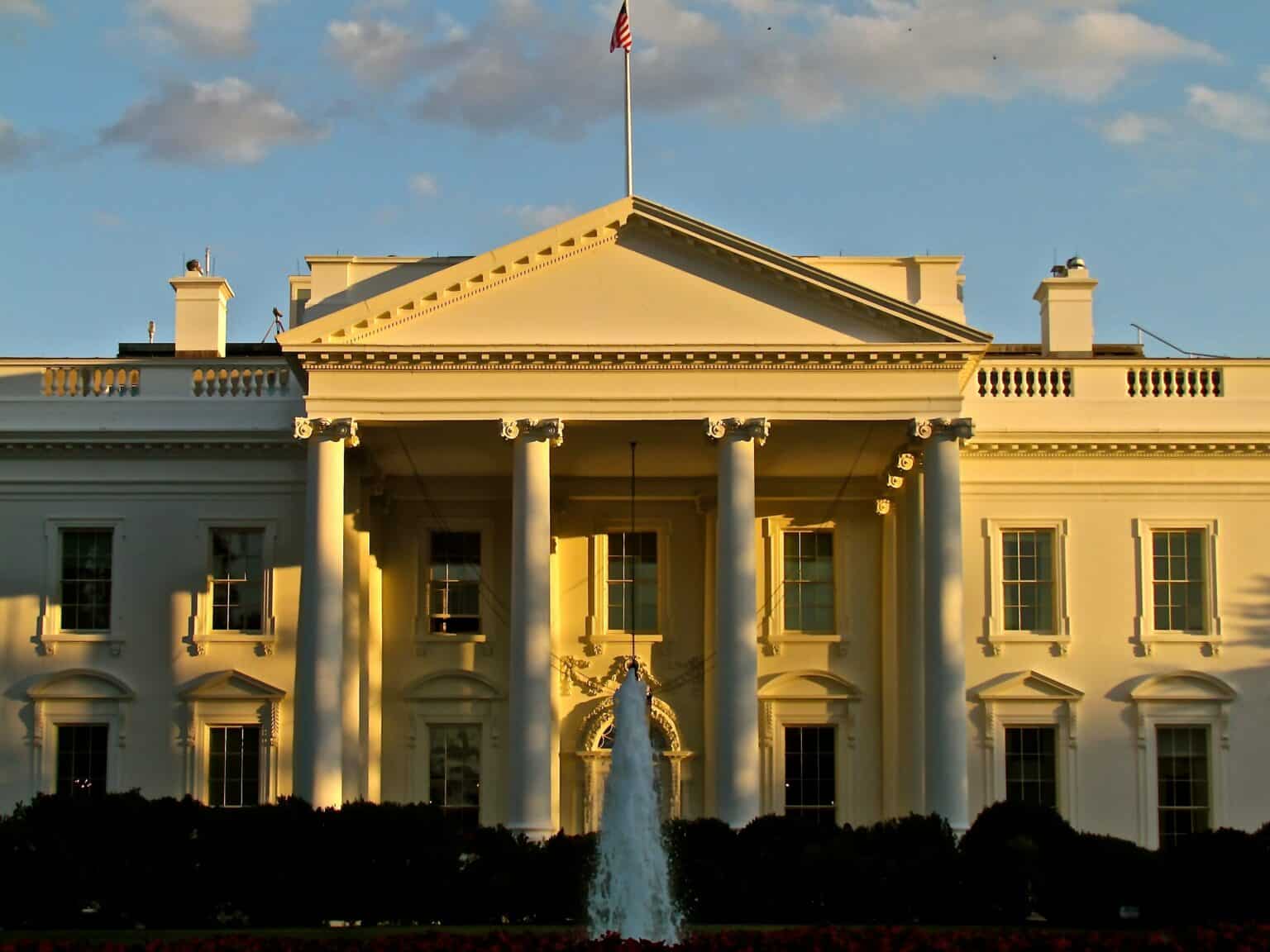The White House is moving forward with a proposal to allow for lower student debt payments that the Education Department on Tuesday called a “student loan safety net.”
The new proposal would cap payments for undergraduate loans at 5% of borrowers’ pay—down from a 10% cap under existing plans, thus cutting their bills in half. It would also require payments only for those who earn more than about $30,000 a year. That’s up from a cap on borrowers who earn less than $20,400 a year.
President Biden had announced the new payment plan in August, but it was overshadowed by his pausing of student loan payments last year with the ultimate promise of $10,000 in federal student debt forgiveness to those with incomes of less than $125,000, or households earning less than $250,000.
The President has faced legal challenges from Republican-led states that have gone all the way to the Supreme Court, which in February is taking up the Administration’s appeal of a lower court order blocking his student debt plan.
As for the Education Department’s “student loan safety net,” there are reports that the Office of Federal Student Aid (FSA)—the agency that oversees the government’s student loan portfolio—isn’t sure how or when the Administration will have the funds to implement it.
FSA is reported to be in an unexpected funding crisis, created by political fighting between Congressional Republicans and Democrats, and the White House.
Sources tell NPR that officials at FSA and the Education Department were taken aback by the new proposal because they must now safeguard those priorities while also scrambling to find hundreds of millions of dollars to cut from other current and future programs.
This is because, sources say, when Congress approved the $1.7 trillion omnibus government spending bill for the new year, it did not deliver enough money to FSA to cover all its priorities for 2023.
The Biden Administration estimates the student loan repayment plan would cost nearly $138 billion over the decade, although some critics have put it closer to $200 billion.
And while critics on the right blast the plan as an unfair handout, others have urged the Administration to abandon income-driven forgiveness plans entirely, calling them failed policy. Those latter critics cite a 2022 federal report which concluded that lax oversight of the program left thousands of borrowers stuck with student debt that should have been forgiven.
Education Secretary Miguel Cardona said his agency is working on proposals that would hold colleges accountable if their students get overburdened with debt.


